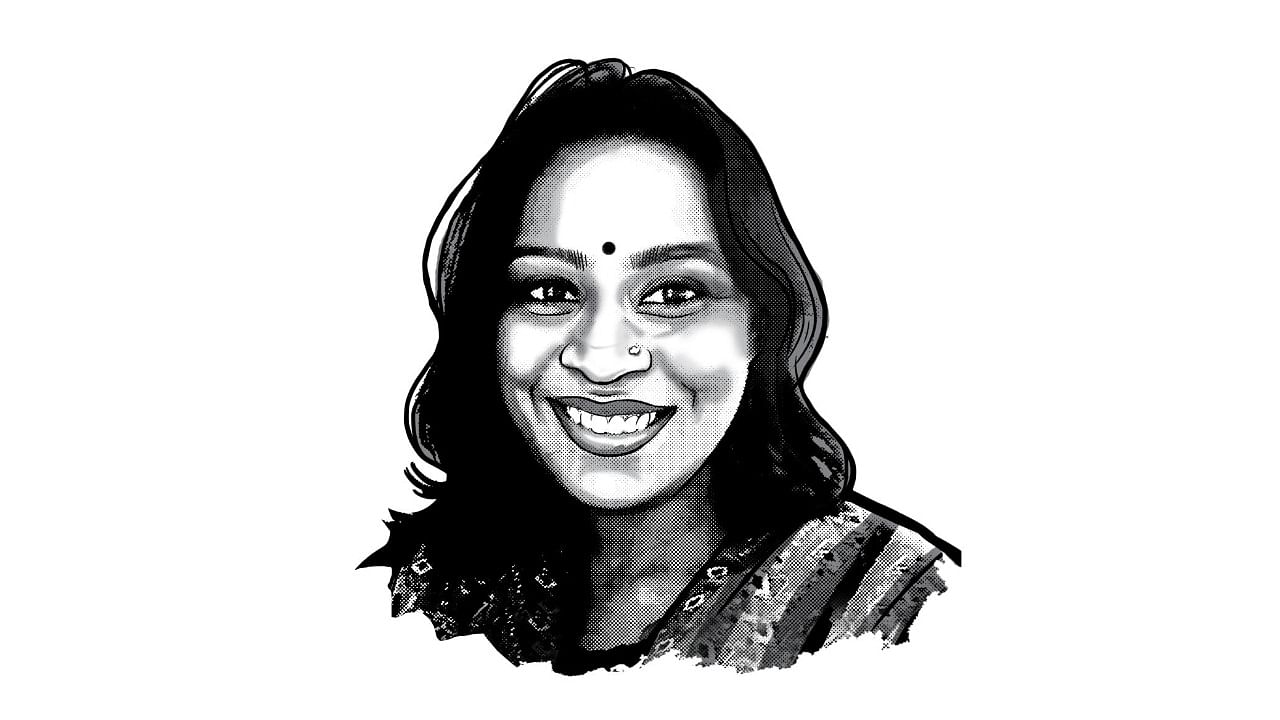
There is a quality of reverence that resides deep within the recesses of our being. Reverence pertains to an aspect of love that is almost impersonal — although it may also be personal — and is directed towards what someone represents, rather than who they are.
Many times, we fail to, or are unable to, put the interests of someone else before ourselves and consider the impact of our thoughts, words or actions on them. This is where reverence becomes crucial. More on this in a bit, but first let me speak about how I came to this idea.
Recently, I have had to think a lot over how we should meet another person we come across, that is, what is the best way to regard them, for reasons that are both personal and political or social. On the personal front, I’ve have had to contend with what manifests in me as an uncaring tendency towards others, and vice versa; on the political/social front, I’ve seen this same attitude mirrored in a far more explicit fashion in how India — the majority being Hindus — is treating its Muslim citizens at this juncture.
Between the personal and the political, the latter has edged out the former over the last week. But maybe they are not really different categories of experience in terms of what attitude we bring to a relationship. In fact, seeing why reverence matters in interpersonal relationships is what led me to wonder whether it may help us in the social realm.
A number of recent events have brought home the agonising realisation that something has gone terribly wrong in our midst. The latest of these pertains to the use of bulldozers in Delhi’s Jahangirpuri and Madhya Pradesh’s Khargone on shops and homes belonging primarily to Muslims in the aftermath of communal clashes on Hanuman Jayanti and Rama Navami. It has been clear — there have been statements by party functionaries or government officials to this effect in both places — that the demolitions have been intended to teach the “rioters” (their words) a lesson they will not forget for challenging Hindus.
What makes all of this much worse is that this recent round of trouble is linked to Rama and Hanuman — figures we have revered through the millennia as symbols of love and devotion that surpass all human limitations. If days of their birth, meant to celebrate what their lives exemplified, can be turned into aggressive displays of religious dominance, then we must wonder whether as a society we have completely lost touch with what they stand for. In short, ideas that are key to how this cultural ethos has traditionally regarded what is innate to a human being, other creatures, and all of nature itself.
For isn’t reverence that capacity in us to be able to bow down in front of someone else, to put our hands together in front of another and address ourselves to that in them which is beyond the categories of ‘me’ and ‘you’? All of us who have been taught to do the namaskar must recognise this at some fundamental level.
The act of joining our palms together can bring us to the understanding that reverence has nothing to do with another. It is about discovering who we really are, that a certain way of functioning that we call ‘ourselves’ can be skimmed away, leaving behind what is reverential in us all, what is sacred in us all. This is what we pray to, what we surrender to.
Incidentally, if this is the space to dissolve boundaries, it is also the place to find appropriate boundaries with another person where they are called for. I say this because then, these would be boundaries anchored in respect and a love for another that is not entangled with our likes and dislikes, our personal predilections. Isn’t this what should guide our actions whether in personal relationships or in social ones?
I know I am in need of a good dose of reverence right now. A whole lot of us are in need of it, no matter who we may be. It could be the path to course correction and a recalibration of our relationships with one another. Let us find a way to dig deep for it within ourselves.
Check out latest DH videos here
